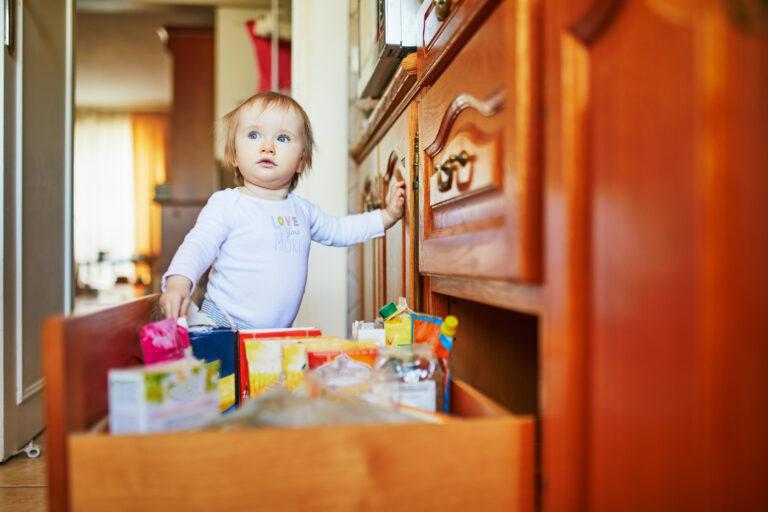This was one of findings of the first nationwide survey in Australia of the feeding practices of children under 2 years, published in 2021.
They found a mismatch between the number of recommended servings from each food group in the Australian Dietary Guidelines and the dietary intake of toddlers (1-2 years). Toddlers consumed twice as many fruit servings as recommended and nearly all of them consumed discretionary foods (snacks), despite no allowance for these foods.
While both infants (6-12 months) and toddlers met their requirements for most nutrients, one exception was iron, where 90% of older infants and 25% of toddlers had inadequate iron intakes.
Top sources of iron for infants were infant formula and iron fortified infant cereals, although less than one third consumed these products. The next top sources were iron-fortified cereals, breakfast cereals, bread, and meat. For toddlers, the top five sources were breakfast cereals, infant formula/toddler milks, bread, meat, and egg.
The study also showed excessive sodium intake was of concern, with 1 in 3 toddlers exceeding the upper limit.
Researchers said that iron supplements or more iron-fortified foods might be needed, with an emphasis on meat. They also expressed concerns about the nutritional value of food pouches (too sweet and low in iron) and their effect on children’s development. By sucking from the pouch, children are using the food more like a drink, rather than moving it around in their mouth, and learning all the chewing and swallowing skills.
According to the authors, there was more room to include information given to parents regarding risks of formula low in iron and food pouches. The Chief Executive of the Infant Nutrition Council said the findings showed there was definitely a place for toddler milk in meeting the requirements for iron in those toddlers whose diet is inadequate.

